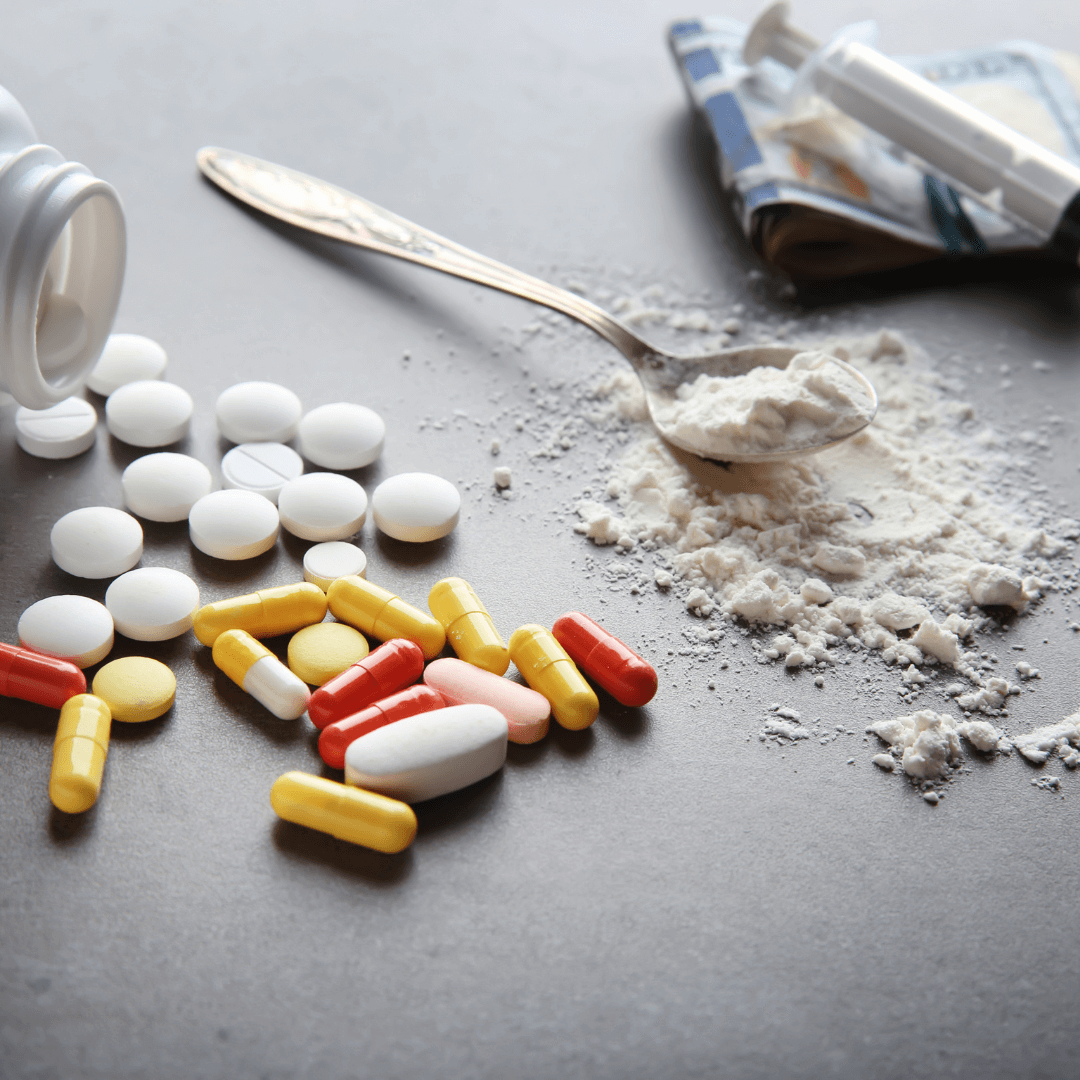
Manitoba Drug Overdoses: What Can I Do?
Recently the Winnipeg Free Press reported preliminary data from the Manitoba Chief Medical Examiner’s office, and the findings were stunning: there were 407 drug-related deaths in 2021, more than double the historical average. While federal and provincial governments work to reduce overdose deaths there are steps we can all take to help. Here are 5 actions to consider:
1. Clean out your medicine cabinet
Many of us have leftover drugs at home – maybe Tylenol 3s from a dental surgery, or medications belonging a family member who passed away. It happens. However, sources estimate that between 40 and 70 percent of opioid dependence begins with leftover drugs in the medicine cabinet. Let’s get rid of them! Simply return them to the pharmacy; they offer free and environmentally safe disposal.
2. Ditch the stigma
Historically we used harsh language like “druggies”, and “junkies” to describe individuals with drug addictions. Now we know that drug addiction can happen to anyone – it may begin with recreational use, a prescription, or a well-meaning friend sharing their pain medication. Addiction can happen quickly, and it changes the brain in ways that make it difficult to stop using. With that knowledge, we now use the phrase “substance use disorder”, which aligns with mental health and the hope of recovery. This term may help to lessen the stigma associated with addiction and support our shared goal of encouraging those battling addiction to seek help. Try your best to remain non-judgmental in all of your conversations; you may well have family, friends, or colleagues battling addiction without your knowledge.
3. Stay connected to those who are struggling
Professionals who treat addictions have a saying: the opposite of addiction is connection. While healthy, trusting, and supportive relationships are only one piece of the addiction puzzle, research has proven that these relationships can be protective, and can make recovery easier. If you’ve got friends, family, or even acquaintances who are lonely, isolated, and vulnerable – take a few minutes to reach out. You might make the difference.
4. Be aware of addiction resources and recommend them to those in need
Here are two of the best places to get help:
- Your primary care provider (your family doctor or nurse practitioner) is trained in managing addictions.
- Addictions Foundation of Manitoba is a great resource. They have an Addictions Helpline (1-855-662-6605) and are online at https://afm.mb.ca/
5. Consider Naloxone
Naloxone is a very safe drug that temporarily reverses the effects of an opioid overdose. It comes either as a nasal spray or an injection that can be given in any muscle. If you or a loved one are at risk of an opioid overdose, please keep naloxone on hand. There are two ways to get a naloxone kit.
- Contact Street Connections, a community outreach organization. Drop into their office at 496 Hargrave Street (Main Floor) Monday to Friday, 8:30am to 4:00pm, and ask about the naloxone program. No appointment is necessary. The staff will train you to recognize an overdose and how to give naloxone and will give you a free take-home naloxone kit. The visit should take less than 1 hour. The Street Connections website is here: https://streetconnections.ca/
- Alternatively, naloxone kits are available for purchase throughout the province. For a list of vendors, and some great training videos, check out: https://streetconnections.ca//content.php?navigation_id=2294
Our thoughts are with everyone who has lost a friend or loved one due to overdose. These deaths are shocking and painful. Loving someone with a substance use disorder is a hard road, and we recommend getting support such as the Family Program run by the Addictions Foundation of Manitoba. Substance use is a complicated problem, but we can all take these 5 steps toward reducing as many untimely deaths as possible.
References:
Canada, H. (2014, May 6). Safe Disposal of Prescription Drugs. Government of Canada. Canada.ca. https://www.canada.ca/en/health-canada/services/safe-disposal-prescription-drugs.html#s1a
Malone, K. G. (2022, April 9). Manitoba marks 407 overdose deaths in 2021. The Free Press. https://www.winnipegfreepress.com/breakingnews/everybodys-responsibility-surging-number-of-deadly-overdoses-in-manitoba-576379322.html
National clean out your medicine cabinet day – disposerx®. DisposeRx® – Solving the Problem of Drug Disposal. (n.d.). https://bit.ly/3uwcHbf
National Study: Teen Misuse and abuse of prescription drugs up 33 percent since 2008, stimulants contributing to sustained rx epidemic. Partnership to End Addiction. (2020, March 20). https://drugfree.org/newsroom/news-item/national-study-teen-misuse-and-abuse-of-prescription-drugs-up-33-percent-since-2008-stimulants-contributing-to-sustained-rx-epidemic/
Sussex Publishers. (n.d.). The opposite of addiction is connection. Psychology Today. https://www.psychologytoday.com/us/blog/love-and-sex-in-the-digital-age/201509/the-opposite-addiction-is-connection Take-home naloxone distribution program. Province of Manitoba – Health. (n.d.). https://www.gov.mb.ca/health/publichealth/naloxone.html
Take-home naloxone distribution program. Province of Manitoba – Health. (n.d.). https://www.gov.mb.ca/health/publichealth/naloxone.html


